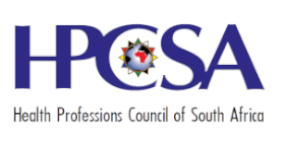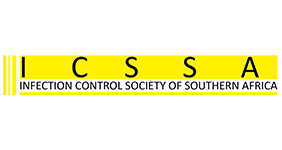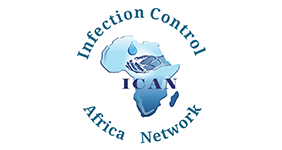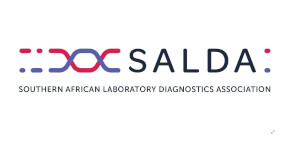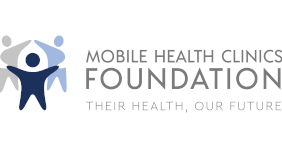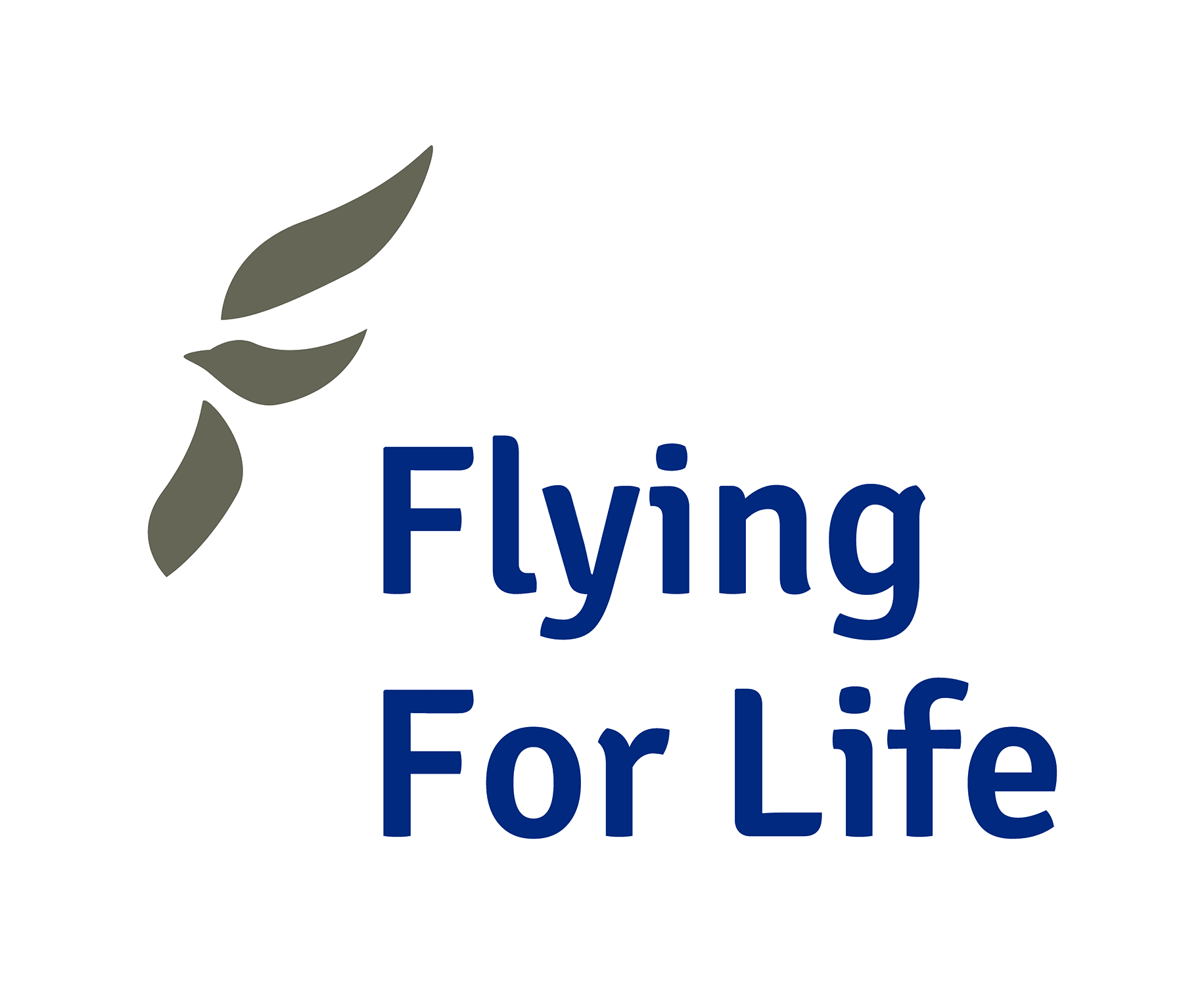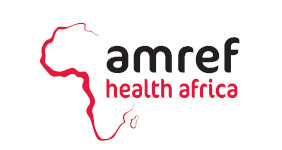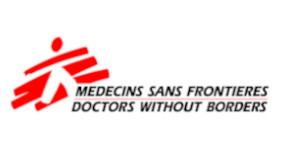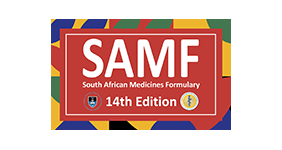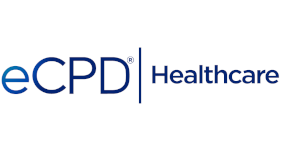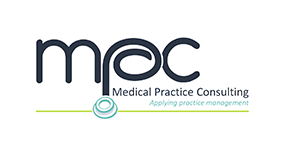Medical malpractice litigation: Undermining South Africa’s health system
In what South African Health Minister, Dr Aaron Motsoaledi, has described as an ‘explosion’, medical malpractice litigation claims in the country have increased dramatically over the past few years, with warnings that the compassion-based practice of medicine is being replaced by defensive medicine and mistrust.
Within the public health sector, already stretched budgets cause provincial health departments to struggle with their obligation to provide healthcare services, while still having to pay out the billions in claims against them. In the private sector, medical specialists are being faced with exorbitant medical protection insurance premiums, causing healthcare costs to rise and impacting on practices.
Last year it was reported that Gauteng Health Department alone had paid out at least R1 billion in lawsuits since January 2015 while the Eastern Cape is facing pay outs of R14 billion.
The Medical Protection Society SA (MPS), in 2015 settled a claim of almost R24 million on behalf of a member and has reported a 35% increase in the number of claims made against healthcare professionals between 2011 and 2016, with larger claims, in particular, on the rise. MPS further reports that claims over R1 million have increased nearly 550% compared to those of 10 years ago and claims of more than R5 million increased by 900% from 2008 to 2013.
Justin Malherbe, Senior Associate at international law firm Norton Rose Fulbright, says that several reasons have been cited for the rise in medical claims, including an increase in public awareness of patient rights coupled with incessant and deliberate marketing by personal injury lawyers eager to capitalise on this awareness.
“Amendments to South African legislation, such as the Road Accident Fund (RAF) legislation is also to blame. Damages claims for personal injury during a motor vehicle accident is now less profitable for lawyers, causing some to turn to other forms of personal injury litigation like medical malpractice”, adds Malherbe.
Professor Sylvester Chima, Associate Professor and Head at the Programme of Bio and Research Ethics and Medical Law at the University of KwaZulu-Natal, believes that the high levels of lawsuits in South Africa are in part due to the legal framework which both governs and protects patients and healthcare providers.
“A good example of this is the law around Termination of Pregnancy (TOP) which provides for termination up to 40 weeks of pregnancy for severe congenital abnormalities. This means that if a doctor fails to diagnose a severe abnormality, the parents may sue the doctor for maintenance costs for the child,” says Prof Chima, who will be presenting his findings at the Africa Health Congress in May this year.
Another example is the law which obligates health professionals to obtain signed consent from patients before providing their services, but which many doctors do not adhere to, leaving them vulnerable to malpractice claims.
But while the South African situation is becoming increasingly litigious, the same cannot be said for other parts of Africa where legislation is not as robust and patients don’t have as much recourse to compensation.
In South Africa, it is not only the number of claims which continue to rise but also the size of the claims and pay outs. Malherbe explains that the costs of ‘catastrophic claims’, such as those for birth defects and brain injuries, have risen drastically as the cost of caring for patients has increased due to technological advancements which improve life expectancy and quality of life.
Both experts agree, however, that progressive interventions need to be found to stem the litigation tide.
Professor Chima suggests that the current system relies on ‘righting a wrong’ through the courts, which by its nature is expensive and adversarial. He believes that instead, the system should make provision for compensation without necessarily involving the courts.
“A compensation fund, similar to the UK’s Clinical Negligence Scheme Trust, where cases are mediated and settled would save on expensive legal fees but still compensate those who have been affected by medical negligence”, he said.
Malherbe comments that stakeholders in both the private and public health sectors are committed to changing the claims situation by implementing better risk management strategies and renewed interventions, such as defined standards of care; managing patient expectations versus outcomes and improving patient experience through timeous communication and education.
“The shared hope of all stakeholders is that the current effects of the rise in medical malpractice claims can be off-set by timeous intervention and a co-ordinated approach to preserve the stability and ensure the sustainability of healthcare in the future”, concludes Malherbe.
Both Professor Chima and Justin Malherbe will be speaking at the Ethics, Human Rights & Medical Law Conference at Africa Health Exhibition & Congress 2018 to be held at The Gallagher Convention Centre from the 29 – 31 May 2018 this year.
Ends/
Conference cost: From R150 - R300 for online registration. Visit www.africahealthexhibition.com/conference for more information.
More about Informa Life Science Exhibitions:
Informa Life Sciences Exhibitions, in charge of the healthcare portfolio within Informa's Global Exhibitions division, organises 27 exhibitions yearly covering the Middle East, Africa, Asia, Europe and US market, connecting more than 230,000 healthcare professionals worldwide and offering a range of marketing solutions for companies involved with the healthcare sector. Over 100 congresses take place in parallel with the exhibitions.
Informa Life Sciences Exhibitions have a number of digital and print offerings, publishing a variety of healthcare magazines and medical directories, with a readership of top decision-makers in the MENA region’s healthcare industry. Additionally, Omnia, their global medical directory, is a unique digital platform providing company and product information 365 days of the year, allowing users to connect with exhibitors and products in one simple click of a button.
www.informalifesciences.com










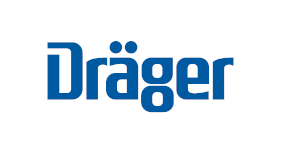









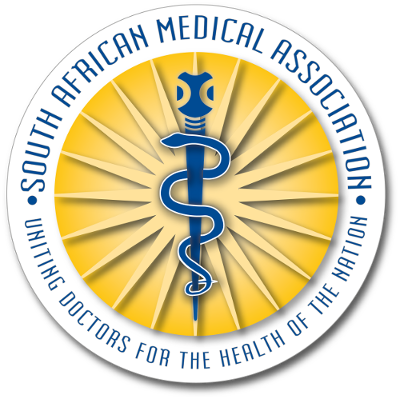
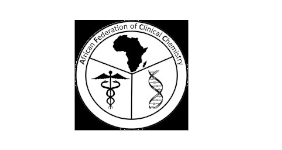

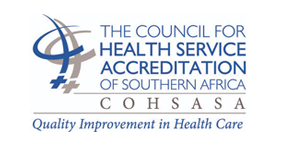
.png)
